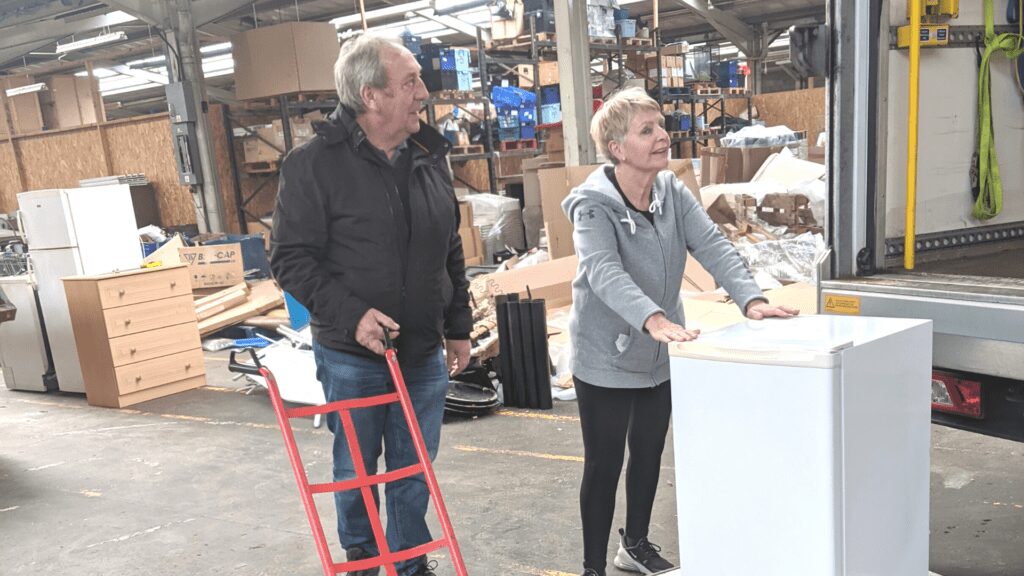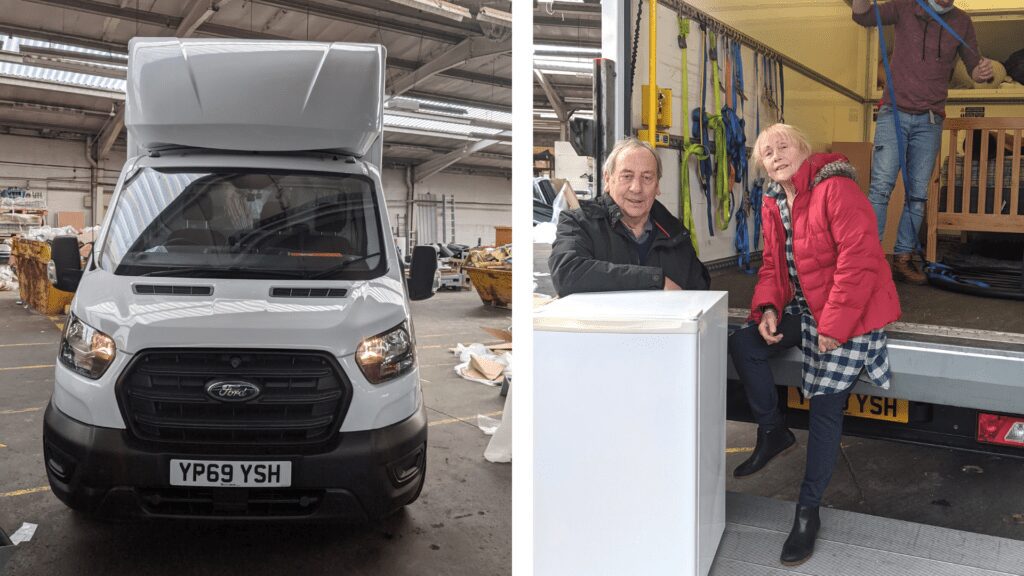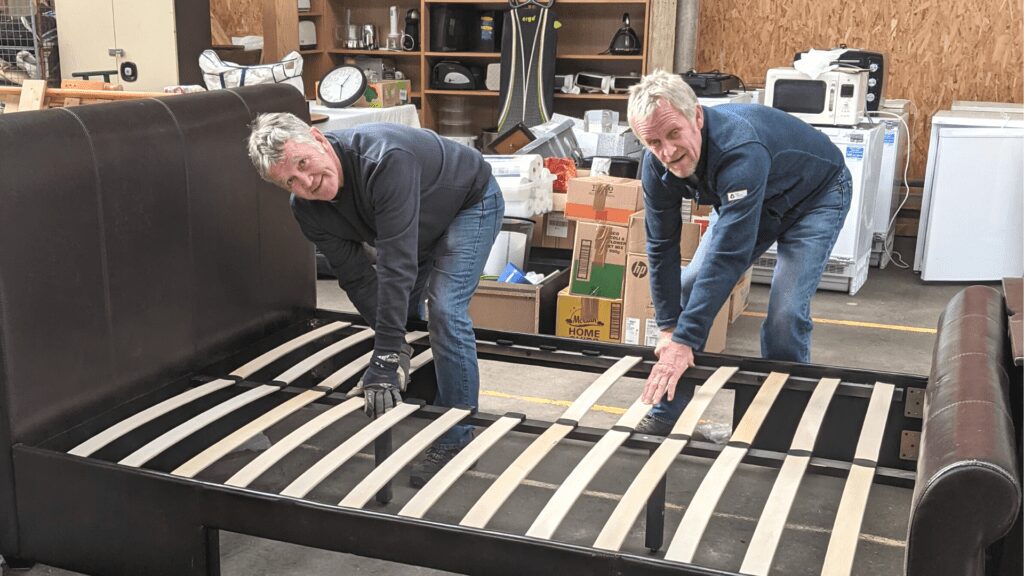On Sunday the Catholic Church throughout the world marks the sixth World Day of the Poor. This annual commemoration was instituted by Pope Francis and is intended to act as reminder to all Catholics of their duty to care for those less fortunate than themselves.
This is an abridged version of the Holy Father’s Message that appeared in The Flourish, the Official Journal of the Archdiocese of Glasgow.
Letter of Pope Francis for World Day of the Poor
Several months ago, the world was emerging from the tempest of the pandemic, showing signs of an economic recovery that could benefit millions of people reduced to poverty by the loss of their jobs.
A patch of blue sky was opening that, without detracting from our sorrow at the loss of our dear ones, promised to bring us back to direct interpersonal relations and to socialising with one another once more without further prohibitions or restrictions.
Now, however, a new catastrophe has appeared on the horizon, destined to impose on our world a very different scenario.
The war in Ukraine has now been added to the regional wars that for years have taken a heavy toll of death and destruction.
Conflict
Yet here the situation is even more complex due to the direct intervention of a “superpower” aimed at imposing its own will in
violation of the principle of the self determination of peoples.
In this situation of great conflict, we are celebrating the Sixth World Day of the Poor. During his visit to Jerusalem, Paul met with Peter, James and John, who had urged him not to forget the poor.The community of Jerusalem was experiencing great hardship due to a food shortage in the country.
The Apostle immediately set about organizing a great collection to aid the poverty-stricken. The Christians of Corinth were very understanding and supportive. At Paul’s request, on every first day of the week they collected what they were able to save and all proved very generous.
From that time on, every Sunday, during the celebration of the Holy Eucharist, we have done the same thing, pooling our offerings so that
the community can provide for the needs of the poor.
It is something that Christians have always done with joy and a sense of responsibility, to ensure that none of our brothers or sisters will lack the necessities of life.
Faith into Practice
Where the poor are concerned, it is not talk that matters; what matters is rolling up our sleeves and putting our faith into practice
through a direct involvement, one that cannot be delegated.
At times, however, a kind of laxity can creep in and lead to inconsistent behaviour, including indifference about the poor. It also happens that
some Christians, out of excessive attachment to money, remain mired in a poor use of their goods and wealth.
These situations reveal a weak faith and feeble, short-sighted hope. We know that the issue is not money itself, for money is part of our
daily life as individuals and our relationships in society.
Rather, what we need to consider is the value that we put on money: it cannot become our absolute and chief purpose in life.
Attachment to money prevents us from seeing everyday life with realism; it clouds our gaze and blinds us to the needs of others. Nothing worse could happen to a Christian and to a community than to be dazzled by the idol of wealth, which ends up chaining us to an ephemeral and bankrupt vision of life.
Social Justice
None of us can think we are exempt from concern for the poor and for social justice. When the only law is the bottom line of profit at the end of the day, nothing holds us back from seeing others simply as objects to be exploited; other people are merely a means to an end.
There no longer exist such things as a just salary or just working hours, and new forms of slavery emerge and entrap persons who lack alternatives and are forced to accept this toxic injustice simply to eke out a living.
We can easily discern the lack of satisfaction that many people feel because they sense that something important is missing from their lives, with the result that they wander off aimlessly in search of it.
In their desire to find something that can bring them satisfaction, they need someone to guide them towards the insignificant, the vulnerable and the poor, so that they can finally see what they themselves lack.
True love
Encountering the poor enables us to put an end to many of our anxieties and empty fears, and to arrive at what truly matters in life, the treasure that no one can steal from us: true and gratuitous love. The poor, before being the object of our almsgiving, are people, who can help set us free from the snares of anxiety and superficiality.
On 15 May last, I canonized Broth�er Charles de Foucauld, a man born rich, who gave up everything to follow Jesus … We would do well to meditate on these words of his: “Let us not despise the poor, the little ones, the workers; not only are they our brothers and sisters in God, they are also those who most perfectly imitate Jesus in his outward life.
They perfectly represent Jesus, the Worker of Nazareth. They are the firstborn among the elect, the first to be called to the Saviour’s crib. They were the regular company of Jesus, from his birth until his death…”
May this 2022 World Day of the Poor enable us to make a personal and communal examination of conscience and to ask ourselves whether the poverty of Jesus Christ is our faithful companion in life.
FRANCIS


